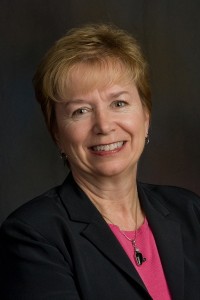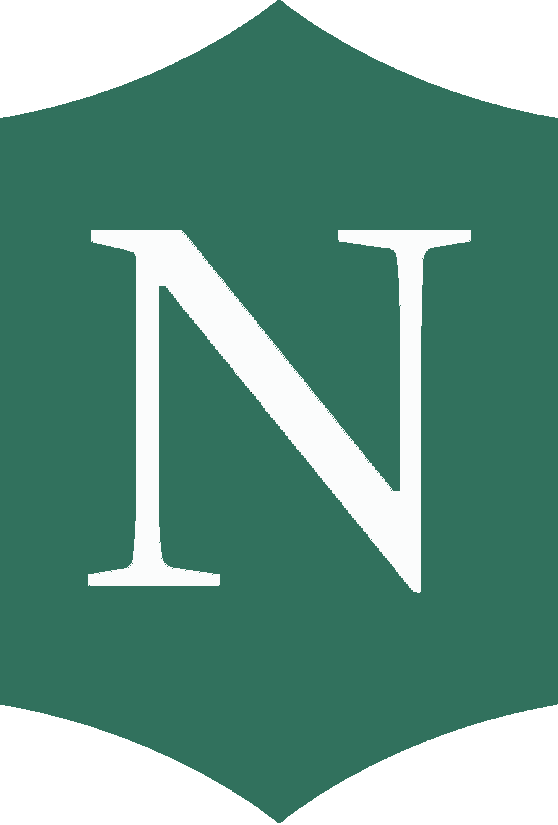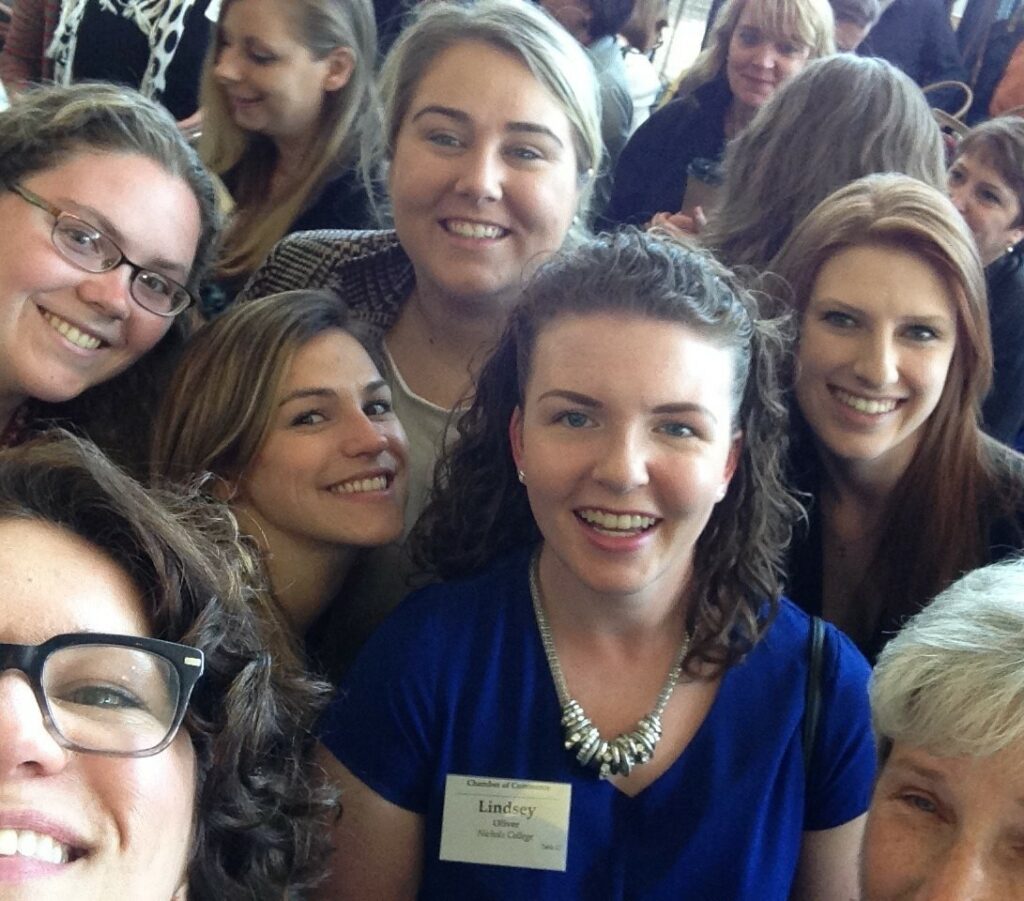
What are the primary responsibilities of your position?
As chief executive officer of the College, my job responsibilities include: “providing overall leadership by developing, formulating and implementing College policy, vision, and strategic plan; consulting with the Board of Trustees on matters appropriate to its strategic and fiduciary functions; and, serving as the College’s principal spokesperson.” What does that mean?
Essentially, I’m the primary planner and steward of the culture at Nichols. My day can range from a review of strategic goals, to a meeting with a donor, to writing an opinion piece for the local paper, to scooping ice cream for first year students.
How do you think being a woman impacts your leadership style?
I don’t think my gender impacts my leadership style; rather I think my gender makes me acutely aware of how I may be perceived by others. As a woman, I am very keen on ensuring that the women who work for me are given appropriate encouragement and opportunities for their own professional growth and development. Also, I hope that I am seen as a role model to others who aspire to positions of influence and authority.
Were there any important mentors or influencers in your life that led to your current position?
I have to give my dad credit as my first influencer/mentor. He allowed both me and my sister to pursue the things in which we had interest. My sister was more of a “girlie girl, and had more quiet, intellectual, indoor pursuits.” I, on the other hand, was more “rough and tumble.” I learned to ride by breaking my neighbor’s wild pony. There are several scars from then that prove how difficult it can be when a horse drags you through briar bushes or bucks you off on a rock. Barrel cutting, horse jumping and drag racing were some of my most exhilarating pursuits. My dad’s advice to “follow your heart” has been a guiding force for me throughout the years, and I think has been a large factor in how my career evolved. He taught me to be a risk taker, to address challenges head on, and to go back to the track for the win after finishing 9th out of 30 among a group of males.
I’ve had several mentors in my professional life, and I’ll recognize two here. Larry LaForge was my advisor in my PhD program at Clemson University. He encouraged and supported me in a decision to write a dissertation on an emerging topic at that time, total quality management. That decision led to a job offer from Babson College, where I dedicated 14 years of my professional life. Another mentor was Bill Glavin, who was president of Babson when I arrived. He supported me in a major administrative role as director of quality in my second year at Babson, and met with me regularly to coach me and help me develop as a manager and leader. I haven’t worked for Bill for nearly fifteen years, but we’re still in touch on a regular basis.
Most of my mentors have been males—not by design—but because of the dearth of women role models. I was in a PhD program in Industrial Management, where only 25% of the students were women, and there were no female faculty members when I joined the program. At Babson, I was the only female faculty who taught operations management, and only the seventh woman to earn tenure. I’ll never forget one of my first classes at Babson when a young man from Africa came up to me after class during which he had been sullen and disruptive and said “I have one question for you. When are you home fixing the food?” That’s one moment when gender bias hit me square between the eyes.
How do you think the issues of women and leadership will evolve in the future?
I honestly believe we will all become more “gender neutral” in the future. Rather than hearing about women’s and men’s styles of leadership, we will simply hear more about effective leadership. Years ago I read the article “Ways Women Lead” (Harvard Business Review, November-December 1990). What the authors learned through surveys and interviews is that men and women describe leadership differently. “The men are also more likely to use power that comes from their organizational position and formal authority.” In contrast, women “ascribe their power to personal characteristics like charisma, interpersonal skills, hard work, or personal contact rather than to organizational structure.” Women tend to encourage participation and share power and information.
I hope we will see a leadership future that is truly gender blind. I hope that future is one where an effective leader is a blend of the characteristics above. I am an optimistic realist. I know it will happen, but probably not during my professional career. Yet I’m certain my granddaughter Grace, who is now two years old, will see a completely different work environment. She will have many women role models, plenty of opportunities to compete in areas where women are still barely represented, and she will be seen as a leader because of her unique personal characteristics and abilities, many of which will be identical to the men in her workplace sphere.
What advice would you give a young woman starting out in her career?
- Become and stay visible in your organization by volunteering for special projects and taking initiative within your own area – you will be seen as a change agent with high potential.
- Make sure data and information are your friend – use them to your advantage in support of your opinions and recommendations.
- Choose your battles carefully – don’t be seen as someone who is willing to go to the mat for every little issue. Stay focused on the bigger picture.
- Take responsibility for your mistakes – own up to them and communicate that there is a process in place to ensure they won’t happen again.
- Listen carefully to feedback – use the positive as well as the negative as input to your personal and professional improvement plan.
- Be trustworthy – if you agree to a deadline, make it, or negotiate a different deadline well in advance.
- Remain true to yourself – never compromise your values. When you look in the mirror every morning you want to be able to genuinely smile at the person looking at you.

